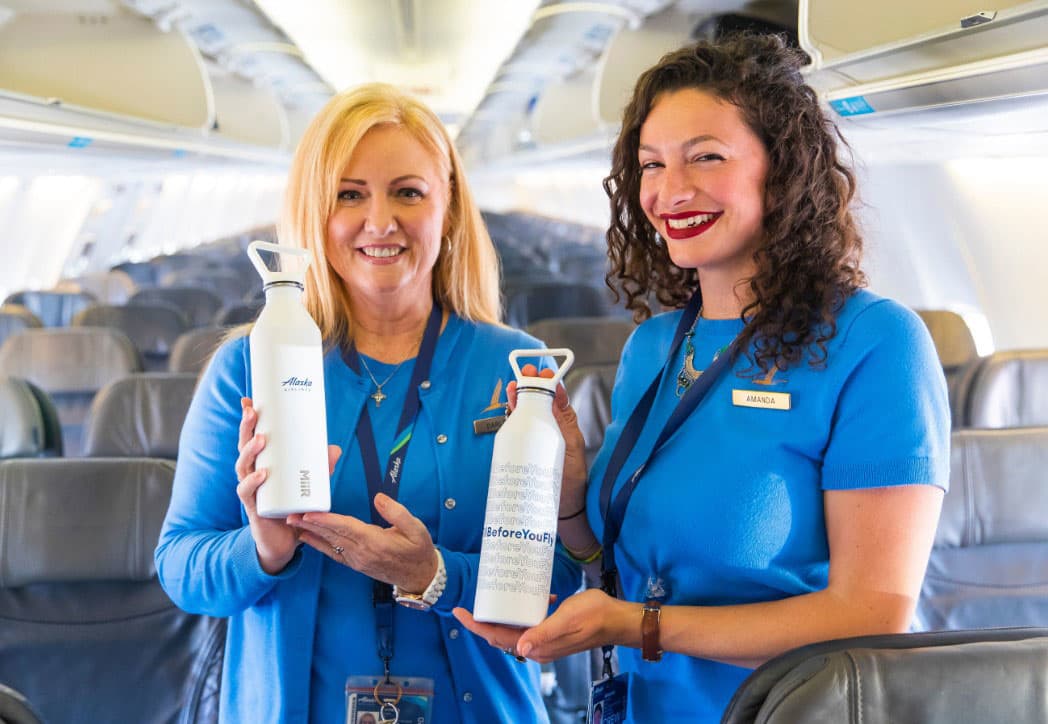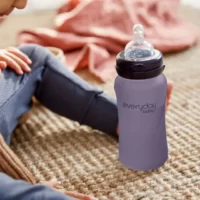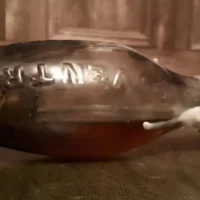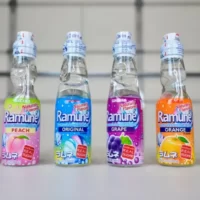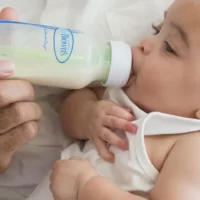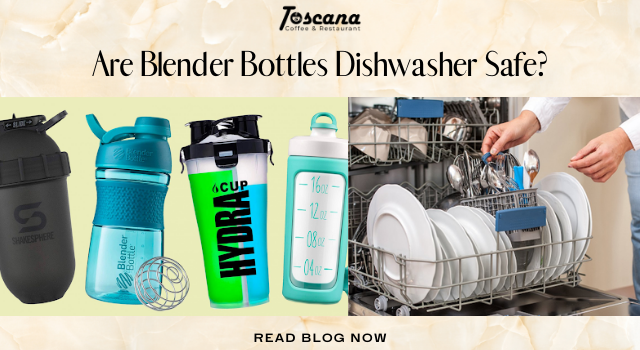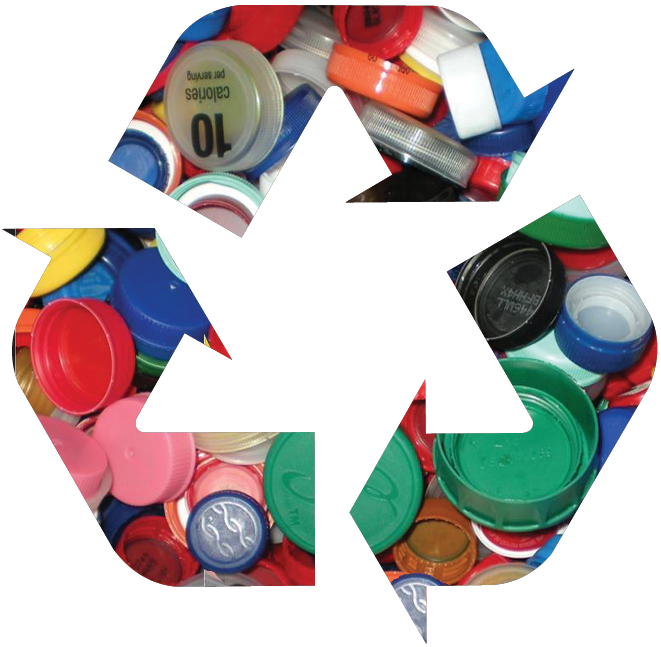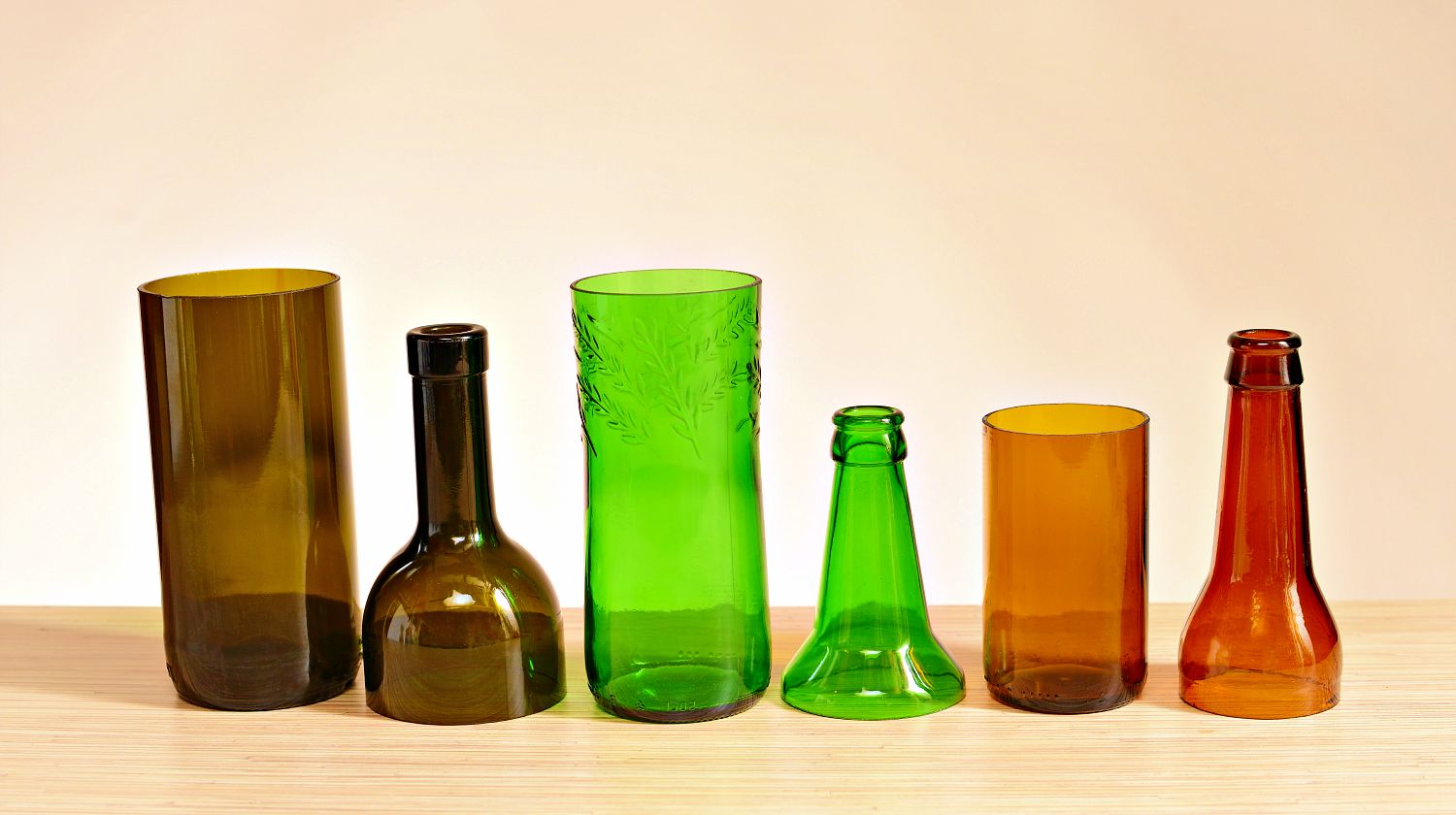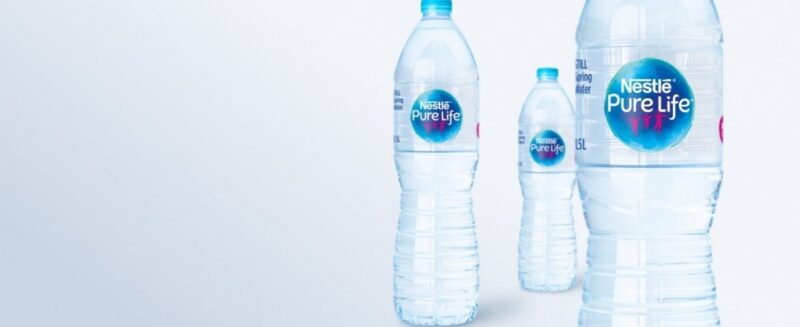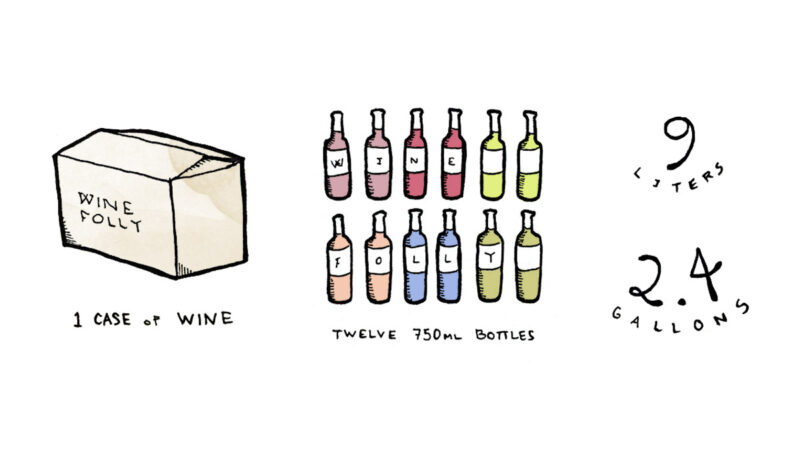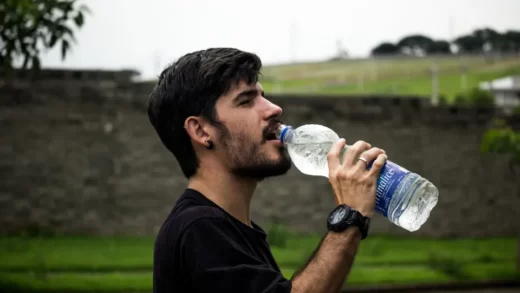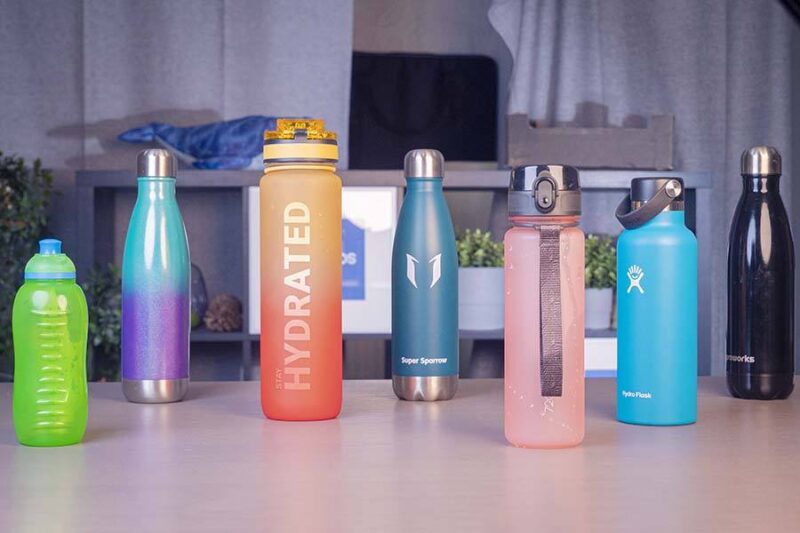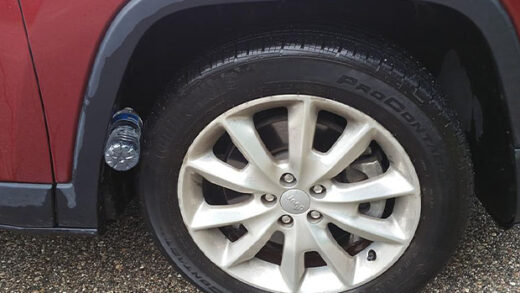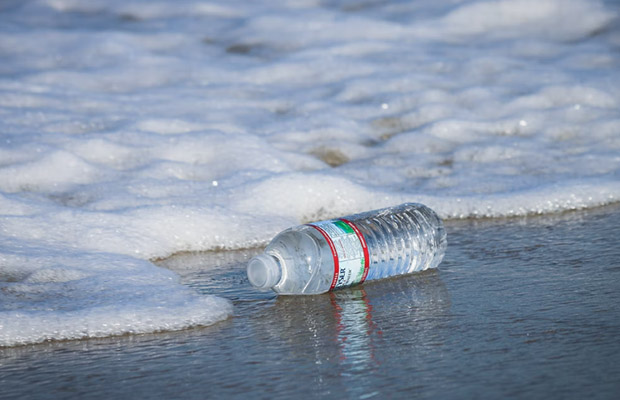When packaging liquids or food, glass bottles are always better than plastic ones. They have additional health, flavor, and environmental benefits compared to plastic products. Are glass bottles really better for the environment than plastic? This is a whole different debate that requires deeper research than you might think! Learn more about the unique advantages of glass bottles below.
Table of Contents
Why Glass Is Great
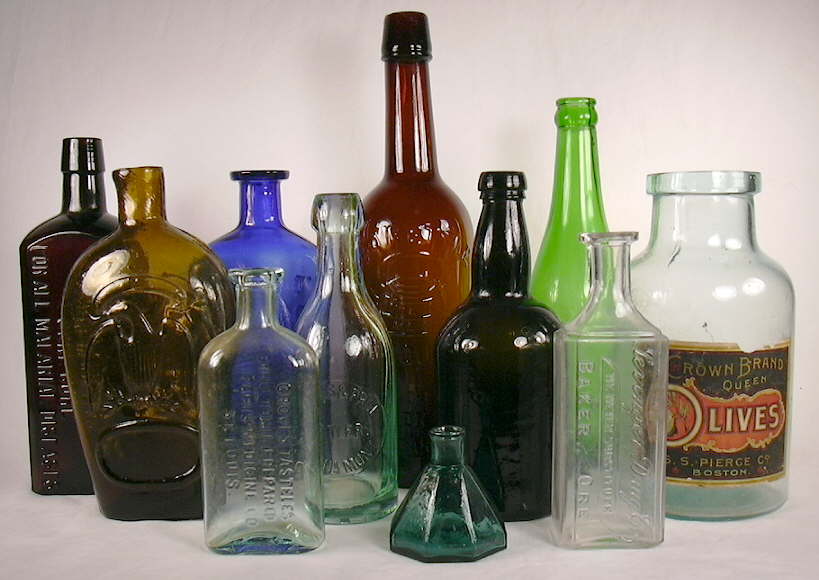
- Environmentally friendly
While plastic is recyclable, most plastic bottles still end up in landfills. Plastic is not biodegradable, which means it will exist on Earth for thousands of years. Plus, when plastic does break down, it releases harmful toxins that make their way into our drinking water and farmland. Glass bottles are made from natural resources and require less energy to produce. When glass ends up in landfills, it breaks down faster and takes up less space. Also, recycling glass requires less energy than plastic. Up to 87% of the glass can be recycled, and no toxins are released during the recycling process. Glass is a better choice for the environment.
- Longevity
Glass does not wear out as fast as plastic. Containers made of glass retain their quality after use, while plastic must be disposed of after multiple uses. Whether you’re using mason jars or clear Boston round glass jars, you can be sure your container won’t break for a long time.
- Preserve the taste
Whether you’re storing beverages, food, e-liquids, essential oils, or anything else, you can be sure that the smell and flavor will stay the same in a glass bottle. Glass is tasteless and tasteless, which means it’s neutral to the two main senses we use when we eat. Plastic, on the other hand, releases a slight chemical smell that can transfer to anything in the container.
- Safety
Glass is cleaner and safer to use than plastic. Glass is non-porous, which means it does not absorb dyes, bacteria, or bacteria. Makes repeated use safer. Plus, it’s also dishwasher safe. Plastic containers are not as safe as glass containers.
Other Posts You Might Like: Glass Bottle Paint Ideas
Why Plastic Bottles Isn’t Cool
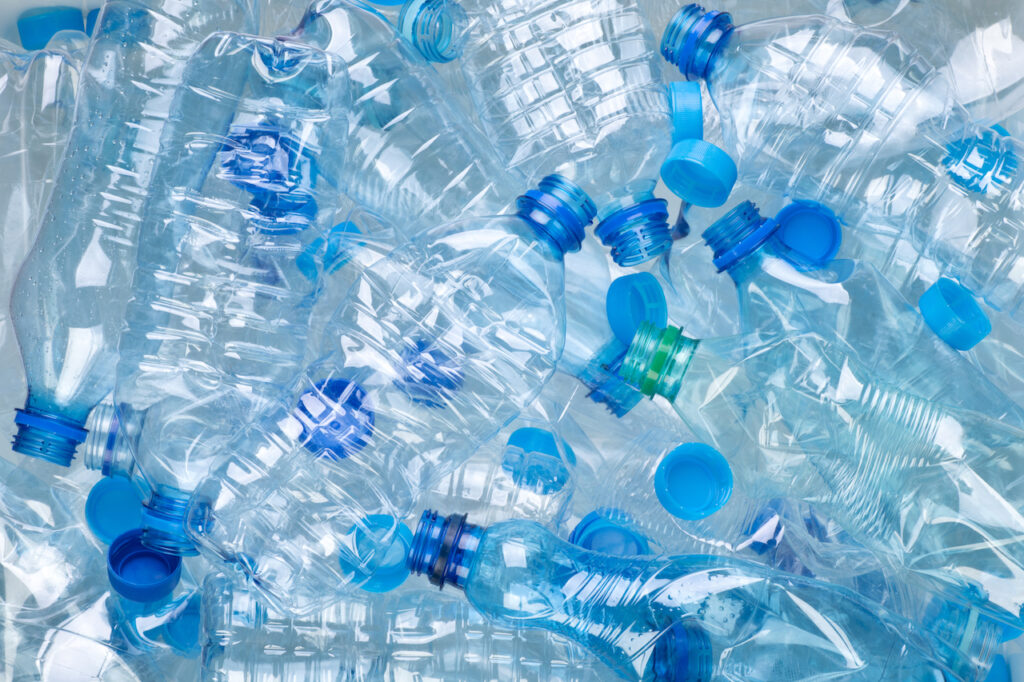
Healthy, natural, and low-waste living communities have long demonized plastic, and it makes sense. From a health and environmental standpoint, plastic is quite a nuisance.
- First, plastic is based on petroleum, a non-renewable energy source. According to the U.S. Energy Information Administration (EIA), plastic is made from a mixture of liquid petroleum gas, liquid natural gas, and natural gas.
- These non-renewable energy sources pollute the air with greenhouse gases, not to mention that the extraction process often leaves rivers, topsoil, and waterways contaminated with dangerous crude oil and toxic sludge.
- As a result, the demand for plastic has left a huge carbon footprint on our planet. As more and more plastics are used, from product packaging to microbeads in certain cosmetics, the plastics production industry generates more carbon emissions, contributing to global warming and our climate crisis. A recent study published by the University of California puts the carbon footprint of plastic manufacturing at 1.8 billion tons per year.
- It’s not just emissions – unlike glass, plastic is not fully recyclable, which means it can only be recycled down (regenerated at a lower quality) and will end up as waste that can’t be recycled again.
- Another negative: Plastic never actually breaks down but instead turns into microplastics, which can be found everywhere from our oceans and rivers to rainwater, drinking water, and even food. While eating tiny pieces of plastic has not been found to cause serious complications, the World Health Organization reiterates that too little research has been done to confirm that there are no health risks.
- Plastic recycling rates are extremely low, with only 9% of the world’s plastic being recycled.
- From a health standpoint, plastic is clearly a secondary option. Many of us have known this since the potential endocrine-disrupting properties of “BPA” were well documented. This has resulted in a plethora of “BPA-free” products being advertised as “safer” options for using BP alternatives. However, even these products aren’t actually safe, according to Washington.
Does It Mean Never Using Plastic
Throwing away all your plastic items isn’t necessarily the answer to our planet. Plastic is a useful resource, so it is used in large quantities. As a material, some of its key advantages include:
- it is light (glass costs more to ship),
- it is convenient (glass is heavier and brittle),
- it is multipurpose (there are many types of plastics suitable for multiple purposes), and
- It’s cheap (why arguably, hello, oil subsidies!)
It is important to avoid the global plastic crisis that fuels us. Methods as below:
- Ditch single-use plastics completely
- Reuse and reuse of old plastic products
- recycle as much as possible
- Avoid buying new plastic.
For those pieces of plastic that you no longer want to use, please properly recycle them at a locally recognized facility. Plastic containers you may have bought a few years ago can also be repurposed—they can be used to store items at home or organize shelves.
Bottom Line
The final verdict: use recycled glass wherever possible, and continue to reuse and repurpose the item before recycling the glass again. If you don’t have enough glass containers, use your old plastic items to carry certain things (especially non-consumer products). The point is: try to avoid buying new, and if you must, buy recycled glass.


